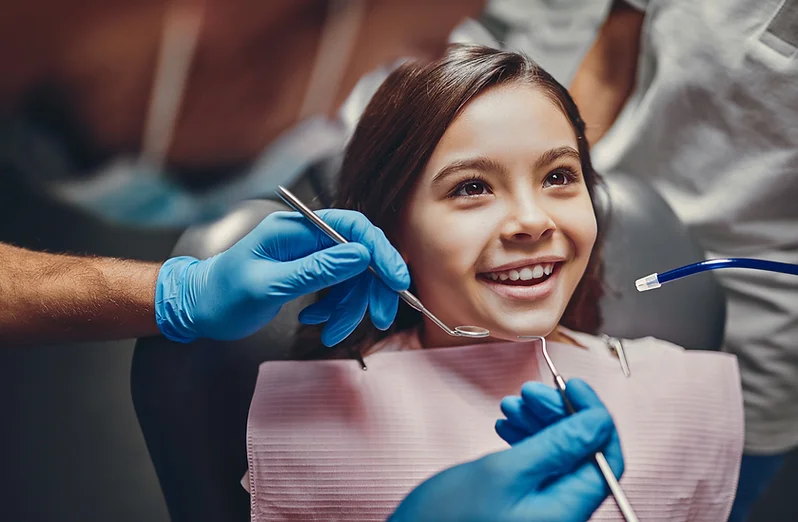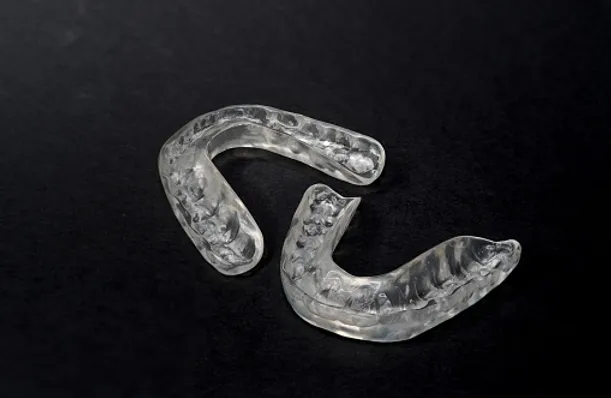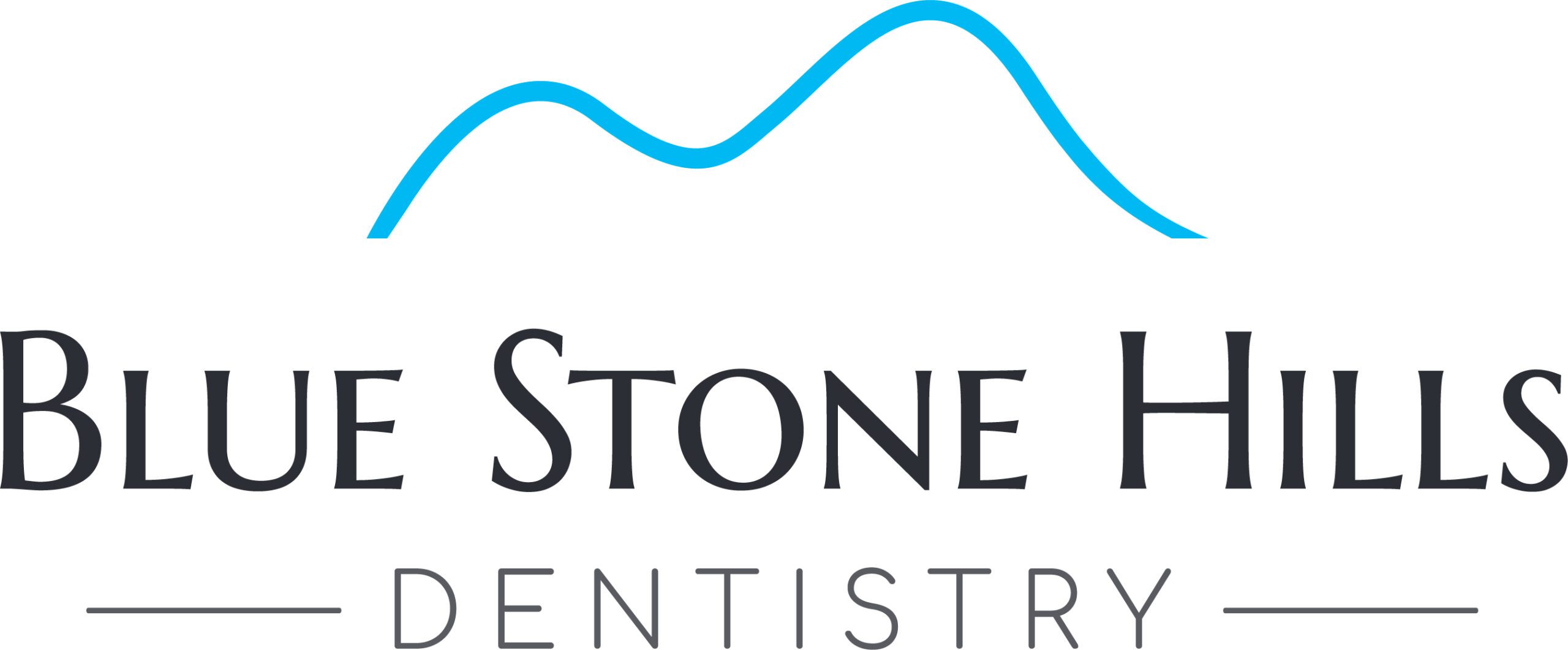Preventive Dentistry
Dental Examination

Routine Teeth Cleanings
At least twice a year, you should schedule a routine dental cleaning. During this visit, one of our dental hygienists will remove plaque and caked-on tartar from your teeth, especially from places where your brush can’t reach, such as underneath the gum line and in-between teeth. We will then clean the outer surface of the teeth above the gum line. For children and patients particularly prone to dental decay, we many apply fluoride to help protect your teeth once you leave the office. Our hygienists are meticulous yet gentle and you’re certain to receive one of the most thorough dental cleanings you’ve ever experienced. Adult dental cleanings (also called prophylaxes) are suited to most of our adult patients who have mild gingivitis and don’t have evidence of periodontal disease.
Nightguards
A nightguard is a hard plastic retainer placed over either the top or bottom row of your teeth. It is designed to help prevent or slow the damage done to teeth by grinding or clenching. Nighttime grinding and clenching can wear down the tooth enamel, eventually leading to major dental procedures, such as root canals, tooth extractions, crown placements and oral surgery. Nightguards can also help sufferers of disorders of the temporomandibular joint (TMJ). With a properly designed nightguard, the wear on this enamel is decreased, therefore slowing the damage to the teeth. At our office, nightguards are fabricated using the image from a scanner, so even patients who have issues with gagging can have them made with ease.

Sealants
The grooves and depressions that form the chewing surfaces of the back teeth are extremely difficult (in some cases, impossible) to clean of bacteria and food. As the bacteria reacts with the food, acids form and break down the tooth enamel, causing cavities. Recent studies indicate that 88 percent of total cavities in American school children are caused this way.
Tooth sealants protect these susceptible areas by sealing the grooves and depressions shut, preventing bacteria and food particles from residing in these areas. Sealant material is a resin typically applied to the back teeth, molars and premolars and areas prone to cavities. It lasts for several years but needs to be checked during regular appointments.




